The European Union (EU) has just approved a new set of sanctions against Russia, in response to recent coordinated attacks and sabotage across Europe. The sanctions are expected to be formally approved and announced next week, according to an EU source.
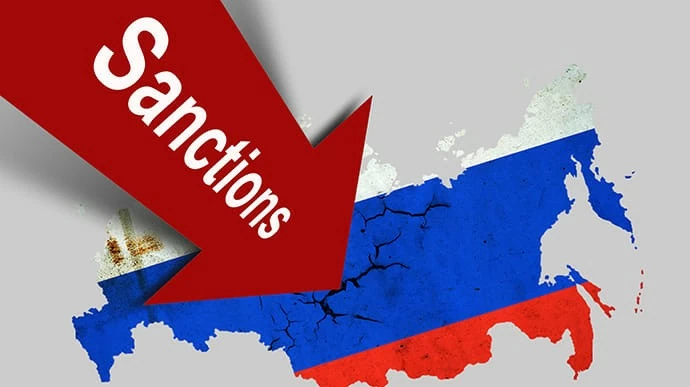 |
| Russia is blamed for the instability in the West, the EU prepares 'weapons', Hungary chooses its own path. (Source: Pravda) |
The EU and NATO have accused Moscow of being behind a series of incidents aimed at destabilising the West, as the two sides disagree over the Kremlin's military campaign in Ukraine.
In recent months, authorities in several EU countries — including Germany, Poland, Lithuania, Latvia and Estonia — have reported uncovering plots or incidents, including arson attacks, and blaming them on Moscow.
For example, in May, the Guardian (UK) reported a series of mysterious fires and attacks on infrastructure in the Baltic countries (Estonia, Latvia, Lithuania), Germany and the UK, such as the sudden fire that broke out at the IKEA shopping center in Vilnius, Lithuania; the fire that burned hundreds of stalls at the Marywilska 44 shopping center - the largest in Warsaw, Poland...
Investigators have yet to produce any evidence that could clearly prove Russian involvement in the fires and sabotage, with foreign saboteurs suspected, according to media reports. However, European security agencies believe that this is part of Moscow's efforts to disrupt the situation in the old continent - allies who have always supported Ukraine.
Or Evil Corp - a hacker group once considered "the most significant cybercrime threat in the world" and believed to be linked to Moscow, accused of spying on NATO allies at the behest of Russian intelligence services. Launching financial sanctions against Evil Corp's leaders, UK Foreign Secretary David Lammy said, "These sanctions send a clear message to the Kremlin that we will not tolerate Russian cyberattacks - whether from the state or from its cybercriminal ecosystem."
Finally, at the end of a meeting of ambassadors from the 27 EU member states, Brussels approved the creation of a new legal framework to impose visa bans and asset freezes on those responsible for attacks allegedly linked to Russia.
Once the sanctions text is formally signed next week, the West could add the names of specific Russian spies or entities to the blacklist, EU diplomats said.
Accordingly, European officials believe that Russia's actions are partly aimed at weakening support for Kiev, as the Russia-Ukraine conflict has lasted more than 2.5 years.
EU countries — along with the United States — have provided the bulk of support to Ukraine since the Kremlin launched a special military operation in Ukraine in February 2022. During that time, the EU has imposed 14 rounds of sanctions on Russian entities, whether individuals or organizations.
In an effort to curb Moscow's “malign activities”, several EU countries led by Prague have pushed for measures to prevent Russian diplomats from moving freely within the bloc.
So far, there has been no consensus on the move, while Hungary — Moscow's closest ally in the bloc — recently further irked other EU members by relaxing visa rules for Russians.
In early July, coinciding with the start of Hungary’s rotating presidency of the EU Council and Hungarian Prime Minister Viktor Orbán’s controversial visit to Russia, Budapest expanded its visa program to citizens from Russia and Belarus. Hungary’s National Card Immigration Program had previously been open to applicants from other countries such as Ukraine, Bosnia-Herzegovina, North Macedonia, Moldova, Montenegro and Serbia, allowing “guest workers” to stay in the country for two years, renewable for a further three years, and potentially paving the way for permanent residency.
The European Commission later asked Hungary to explain the decision, citing concerns it "could lead to circumvention" of the bloc's restrictions and undermine safety standards across the passport-free Schengen Area.
Responding to Brussels' request, Budapest dismissed the concerns, saying the expanded National Card scheme for Russian and Belarusian citizens would be issued "within the EU framework and would take due account of national security risks and the security of the entire Schengen area".
On the Western side, in order to strengthen sanctions against Russia, on September 24, the US State Department said that member countries of the Group of Seven (G7) leading developed economies have published the first joint guidelines for industry, aimed at preventing evasion of export controls and sanctions imposed on Moscow, as well as actions aimed at obtaining components needed for weapons production systems.
The U.S. government’s export regulator said that G7’s anti-diversion efforts cannot be successful without industry cooperation, which is why this first-of-its-kind guidance document is designed specifically to provide the entire G7 industry with the information needed to identify and respond to Russia’s “circumvention tactics.”
On the sidelines of Russian Energy Week last week, Russian Deputy Prime Minister Aleksandr Novak warned that Russia could block the flow of strategically important resources to countries deemed “unfriendly” as the government considers countermeasures against Western sanctions. Accordingly, the ban on exports of important raw materials to Western countries could include “a long list of products in high demand on the global market”.
Source: https://baoquocte.vn/eu-chuan-bi-vu-khi-moi-nham-vao-nga-vi-ly-do-gay-bat-on-khap-troi-tay-288547.html





![[Photo] General Secretary To Lam meets and expresses gratitude to Vietnam's Belarusian friends](https://vphoto.vietnam.vn/thumb/1200x675/vietnam/resource/IMAGE/2025/5/11/c515ee2054c54a87aa8a7cb520f2fa6e)
![[Photo] General Secretary To Lam arrives in Minsk, begins state visit to Belarus](https://vphoto.vietnam.vn/thumb/1200x675/vietnam/resource/IMAGE/2025/5/11/76602f587468437f8b5b7104495f444d)


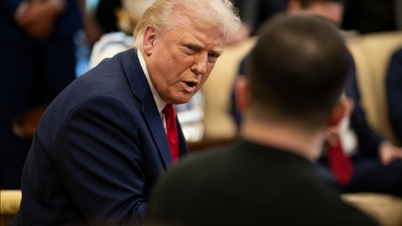



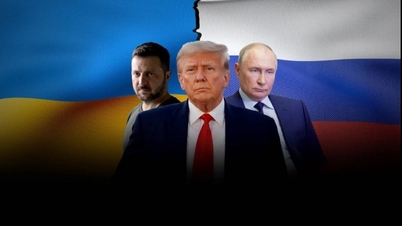
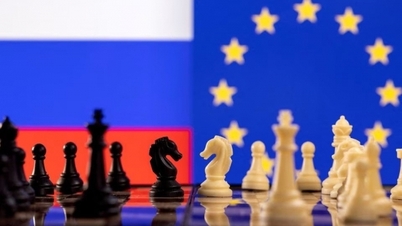

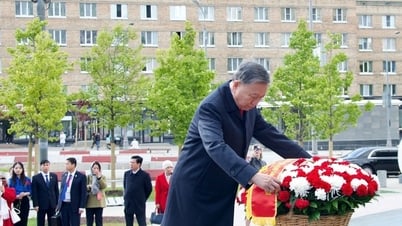

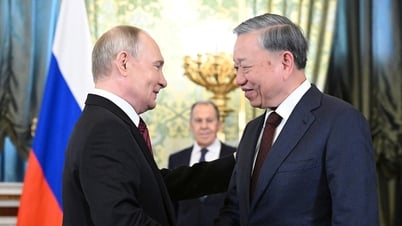
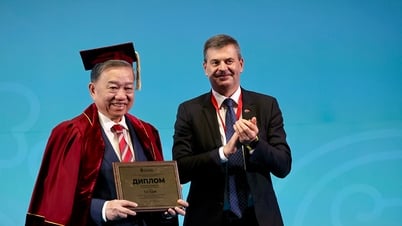









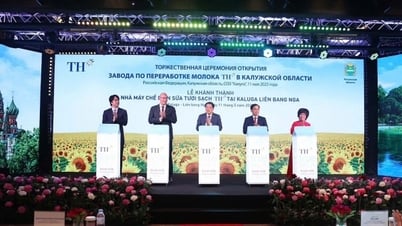


![[Photo] General Secretary To Lam concludes visit to Russia, departs for Belarus](https://vphoto.vietnam.vn/thumb/1200x675/vietnam/resource/IMAGE/2025/5/11/0acf1081a95e4b1d9886c67fdafd95ed)






























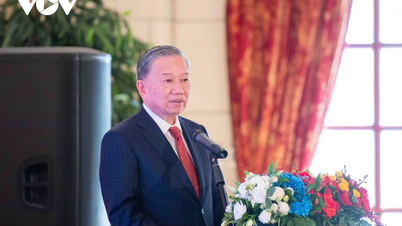

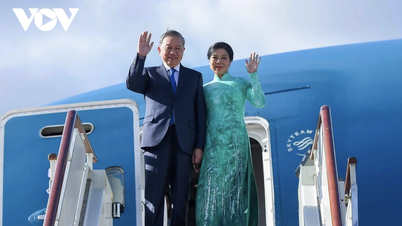
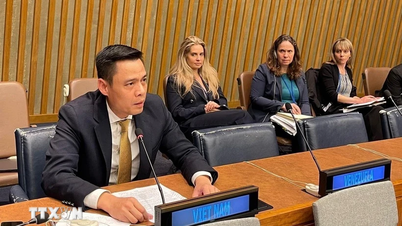












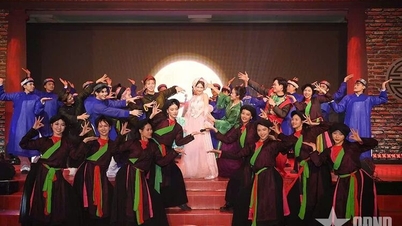





















Comment (0)